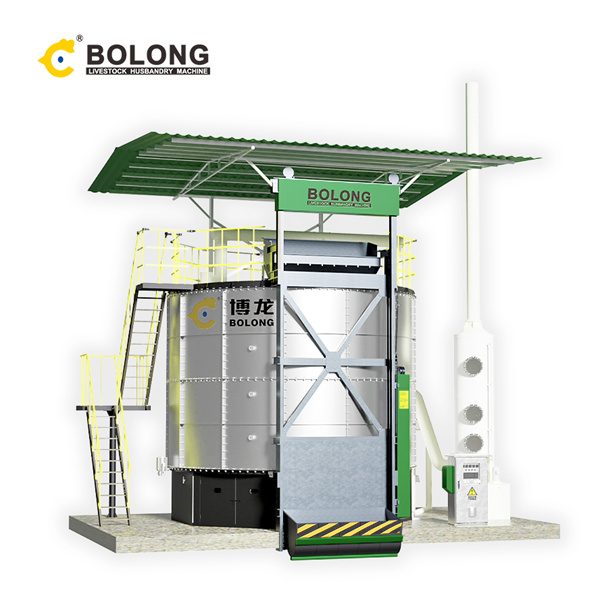
Jul 1, 2022 · Recent achievements in synthetic biology have enabled microbes to produce healthier or specifically designed food ingredients. Microbial fermentation from nonfood feedstocks offers the opportunity to alleviate economic, ecologic, and societal problems by recycling resources and greenhouse gases.
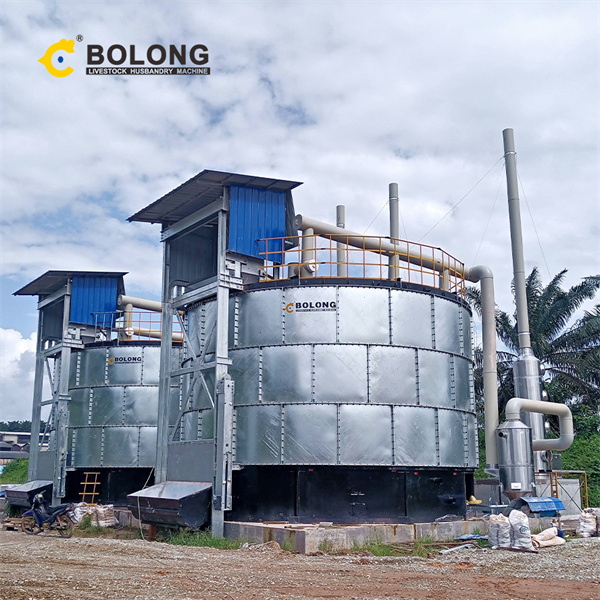
Oct 19, 2022 · Here the authors discuss using synthetic biology approaches to modify yeast into an optimal, and enjoyable, food production platform.
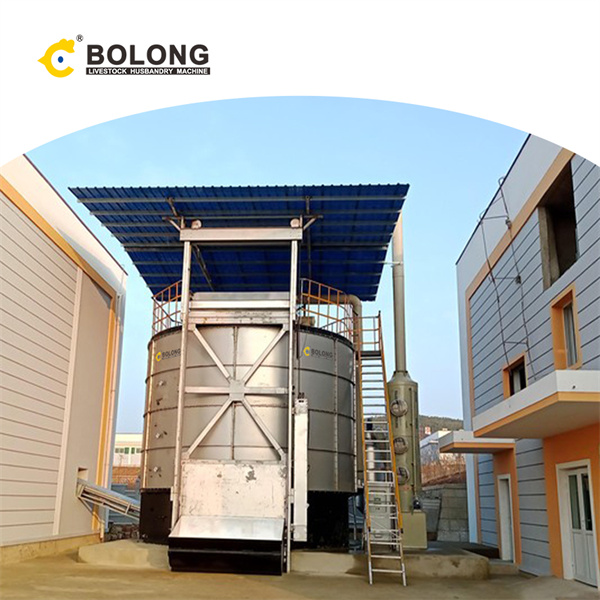
Oct 20, 2020 · Non-model bacteria like Pseudomonas putida, Lactococcus lactis and other species have unique and versatile metabolisms, offering unique opportunities for Synthetic Biology (SynBio).
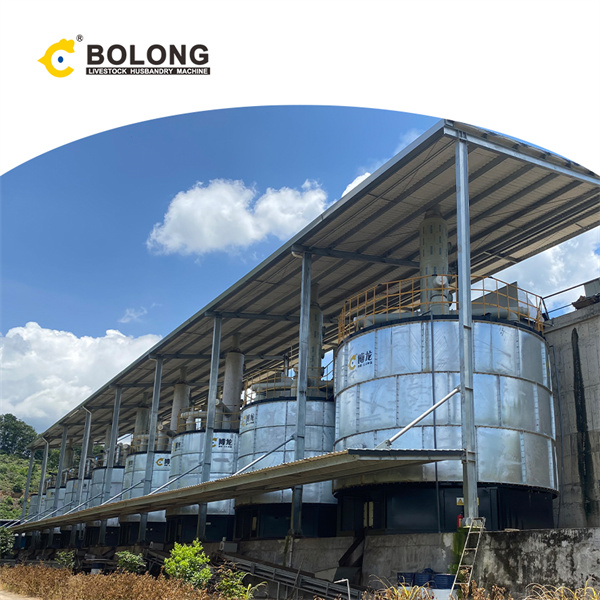
Sep 8, 2022 · This review aims to stimulate research on the process of fermentation and the associated synthetic biology tools to produce fermented food efficiently and sustainably. Rudimentary food fermentation can be defined as a spontaneous process of conversion of food components through enzymatic action.
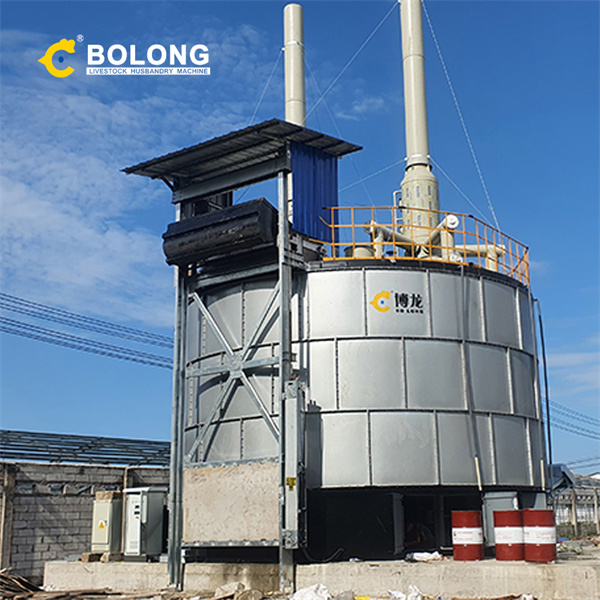
Dec 1, 2023 · The CRISPR/Cas9 system requires no engineering steps, has multiple targeting capabilities, varying according to the gRNA, and is considered by scientists a simple, inexpensive, and versatile technique.

Precision fermentation is one such technology well-positioned to meet this demand as it allows specific proteins to be expressed with the use of synthetic biology. Let’s quickly look at what is synthetic biology and how it works.
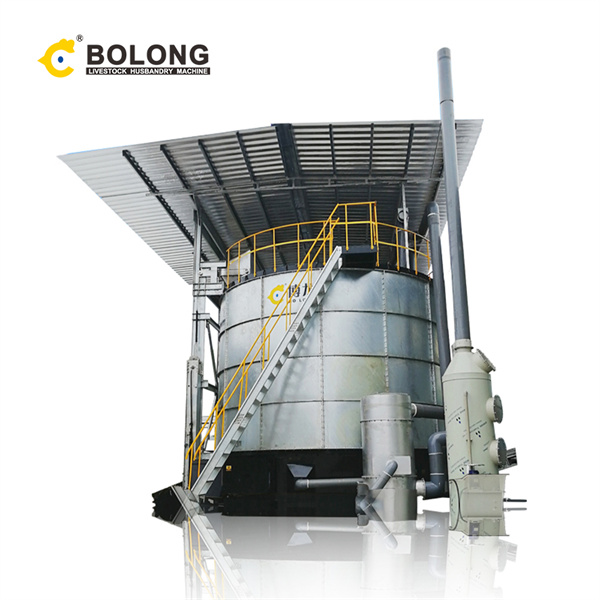
Jan 1, 2022 · A pivotal development in food fermentation is the emergence of precision fermentation as a technology for sustainable manufacture of food ingredients that were traditionally derived from plant or animal sources as an offshoot of developments in synthetic biology.